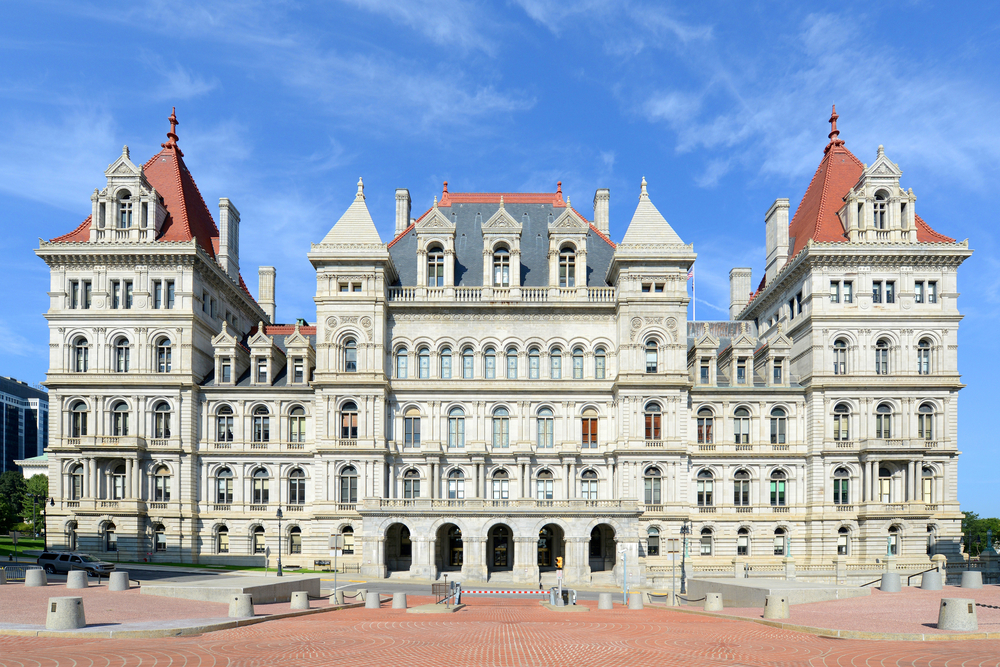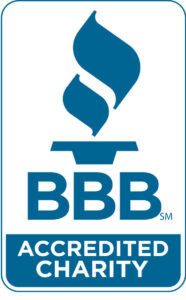FPWA today released a data update to our comprehensive analysis “A Look At the March on Washington 60 Years Later: Dreams and Promises Yet to be Realized” shedding light on the persistent inequalities Black Americans face 60 years after the historic March on Washington for Jobs and Freedom.
The findings reveal that as of 2024, Black people continue to experience higher unemployment rates and lower wages, regardless of educational attainment levels or age group compared to White people. Despite a marked increase in the number of Black Americans earning college and graduate degrees since 1963, the disparities in employment opportunities and wages between Black and White workers remain substantial. On average, Black individuals earn 20% less than their White counterparts.
The 2024 update also includes a more in-depth look into occupational segregation, as well as a new look into wage discrimination, and the inequitable federal policies that disproportionately impact Black workers, including the stagnant federal minimum wage and the outdated poverty threshold. These policies contribute to ongoing disparities, exacerbating the wealth gap between Black and White Americans.
Pay disparities between occupations predominantly held by Black versus White workers, coupled with inadequately low minimum wages, play a significant role in persistent wealth inequality. Additionally, Black Americans carry higher student loan debt, which, combined with lower earning potential, delays debt repayment and hinders opportunities for wealth-building.
Educational inequities further compound these challenges. Underinvestment in communities of color leads to lower educational proficiency, limiting college readiness, degree attainment, and potential wage growth.
Persisting findings include:
-
1 in 3 Black children live in poverty, compared to fewer than 1 in 10 White children.
-
1 in 3 Black boys born today can expect to be incarcerated during their lifetime, compared to 1 in 17 White boys.
With this data update, it is our hope that the information ignites critical conversation and amplifies the clarion call for action that dismantles the structural and institutional barriers that have persisted for over 400 years in America.
Just as the 1963 March on Washington addressed economic justice alongside civil rights, our efforts at FPWA will continue to advocate for equity and justice across all pillars of society, including criminal justice reform, fair wages, food security, housing affordability, educational equity, and environmental justice. You can find out more about our current policy and advocacy work here.






